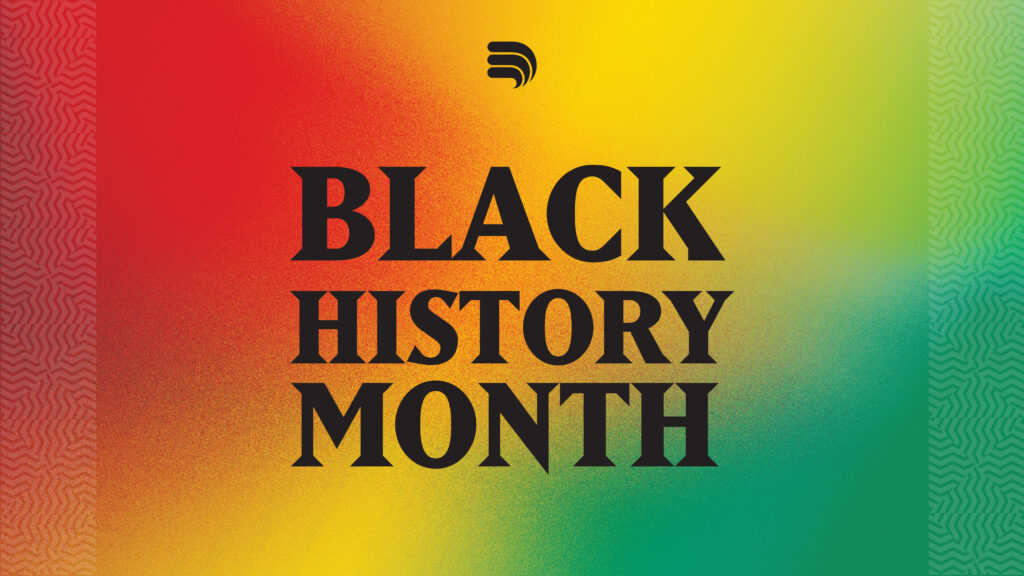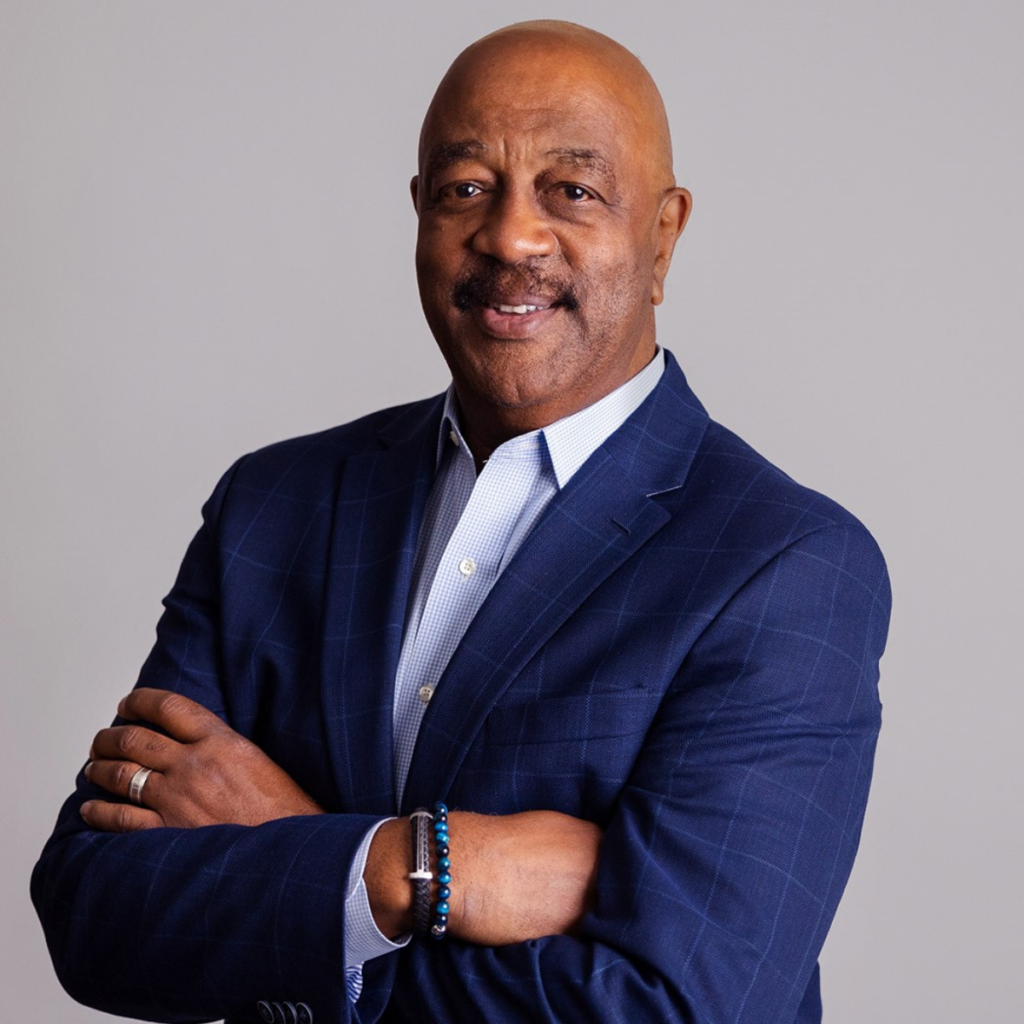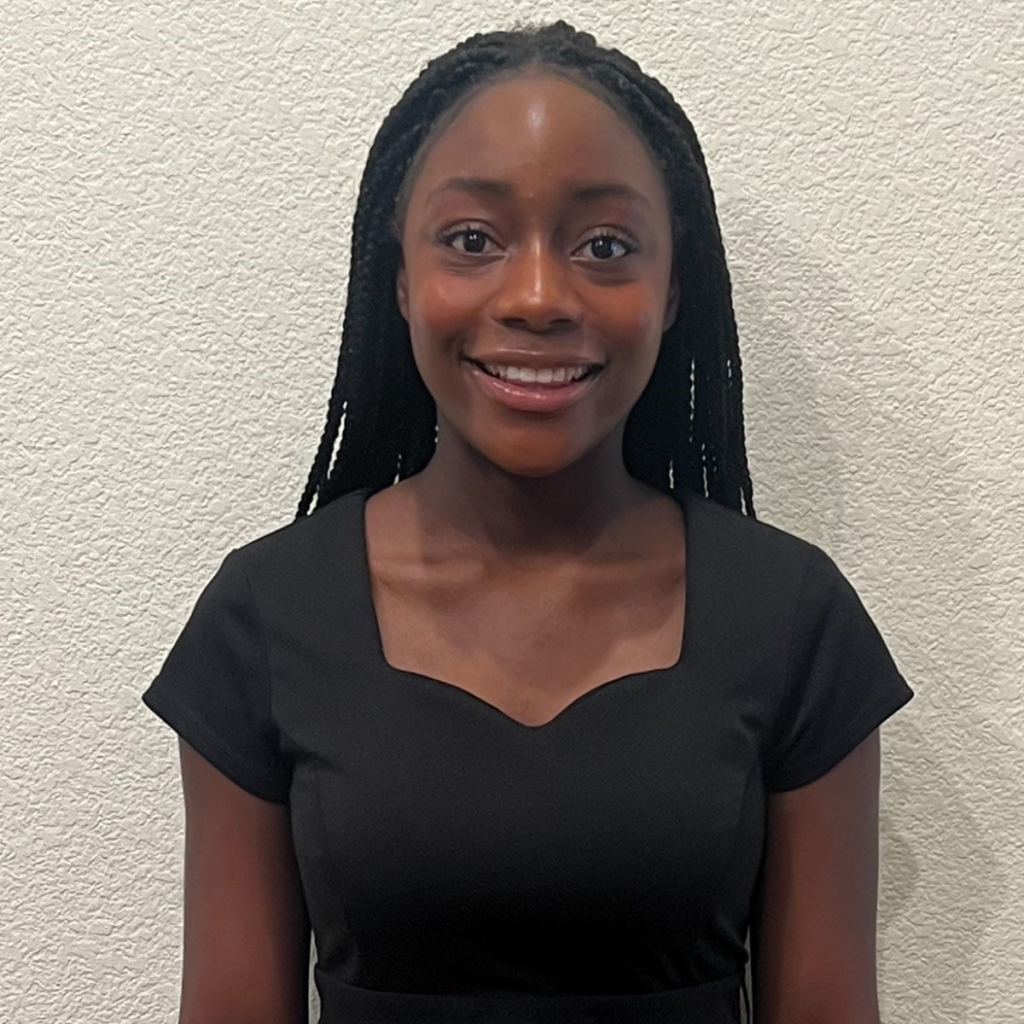Black History Month 2024

In 1976, U.S. President Gerald Ford officially designated February as Black History Month to celebrate the achievements of African Americans, past and present, and their invaluable contributions to our country. The theme for Black History Month 2024 focuses on “African Americans and the Arts.” Throughout this month, we take the opportunity to celebrate the rich cultural heritage and the impact of Black people in our country. Let us also reflect on the triumphs and adversities experienced by the Black community that are an important part of our country’s history.
Join the DSO Black History Month Celebration and increase your cultural awareness by learning more about Black history, heritage, culture and music:
- Learn more about Black History Month here.
- Find out more about the 2024 theme for Black History Month, “African Americans and the Arts” here.
- Discover more about Sphinx, a social justice organization dedicated to transforming lives through the power of diversity in the arts. The DSO will be a host site for the Sphinx LEAD program in April 19/20. Learn more about Sphinx and the Sphinx LEAD program here.
- Attend DSO’s lunch and learn series How’d I Get Here: Paths to Working in the Performing Arts on February 27, 12pm to 1pm.
- This engaging panel series is free to the community and celebrates diversity in the arts by highlighting and honoring members of the arts community who share their life and career experiences to encourage, inspire, and guide others on their journey. Hosted by our Mosaic Community Group, this edition of the series will celebrate Black History Month and this year’s theme which is “African Americans and the Arts.”
Participants Include:
- Cherish Love Robinson | Singer/Songwriter/Actor/Music director/Vocal – Learn more here
- Jaquain Sloan | Singer/Bassoonist, Dallas Symphony Orchestra – Learn more here
- Sierra Noelle Jones | Dancer, Dallas Black Dance Theatre – Learn more here
- This engaging panel series is free to the community and celebrates diversity in the arts by highlighting and honoring members of the arts community who share their life and career experiences to encourage, inspire, and guide others on their journey. Hosted by our Mosaic Community Group, this edition of the series will celebrate Black History Month and this year’s theme which is “African Americans and the Arts.”
Moderated by Quincy Roberts – Board of Governors, Dallas Symphony Association; Board Chair, The Dallas Opera.
- Listen to a Spotify playlist curated by our Mosaic Community group that pays homage to Black composers, musicians, and artists in classical/choral music here.
- Watch the informative and inspirational video Black Classical Music: The Forgotten History here.
DSO Black History Month Reflections

James Seay
Board of Governors, Dallas Symphony Association
What brings you pride and joy about your heritage and culture as a member of the Black community?
I am always pleasantly surprised and impressed by the myriad of accomplishments and progress being made throughout the Black community. I take great pride in trying to do my part to visibly participate as a member of my community. In December 2022, I attended my first DSO concert and, at that wonderful event, became personally motivated and committed to getting more involved and supporting the DSO in achieving its goals in the Dallas community. Being able to represent my heritage, as now an elected member of the DSO board of governors, is an honor and privilege that I proudly welcome.

Alicia Shewmaker
Soprano, Dallas Symphony Chorus
This year’s Black History Month theme is African Americans and the Arts. Who is an artist who has inspired you and why?
When I think of people who have inspired me and impacted the African American community, I think of Misty Copeland. She is the first African American woman to be promoted to principal dancer, prima ballerina, of the American Ballet Theatre. ABT is one of the leading ballet companies in the United States and has been around for over 75 years. Being the first takes incredible strength, focus, dedication, and perseverance to reach such a level of success. Misty Copeland has done this with grace and has become a role model to so many African American children. Having representation in a role inspires others and shows them their dreams and goals are attainable, creating an entire generation of young people who love ballet.

Courtney Mpita
Alto, Dallas Symphony Chorus
What does Black History Month mean to you?
Black History Month means a lot to me because it is a time when we celebrate our culture by spreading love, empathy, and knowledge about our heritage. I take pride in our past, find confidence in our future, and joyfully place a spotlight on the achievements of African American people. I am inspired by the work of Florence Beatrice Price, the first African American female classical composer to have her music played by a major symphony orchestra in 1933. Her legacy as a trailblazer in classical music inspires me to sing.

Jaquain Sloan
Bassoon, Dallas Symphony Orchestra
What brings you pride and joy about your heritage and culture as a member of the Black community?
Our resilience truly brings me joy. With our tumultuous past and all the systematic challenges we face today going against us, we as a people are still able to break down barriers and defy all odds. It’s amazing how far we’ve come, and we’ll continue in our efforts for future generations to come.

Danesha Voss
Senior Staff Accountant, Dallas Symphony Orchestra
What does Black History Month mean to you?
Black History Month is a reminder to all Americans that their country would not be as wealthy and sustainable today if it were not for the innovation, hard work, intellect, and courage of Black Americans that came before us. There are so many to give credit to! Just know that for me, because of the innumerable amount of Black folk who dedicated their lives to change, Black History Month reaffirms the fact that I, a proud Black woman, have no excuse not to impact my community, this nation, and ultimately the world.
Mosaic Community Group Playlist

Curated by the Mosaic Community Group of the Dallas Symphony, enjoy this playlist that pays homage to Black composers, musicians, and artists in classical and choral music. The Mosaic Community Group is comprised of DSO family members from various races, ethnicities, cultural backgrounds, and allies dedicated to championing diversity within the DSO.